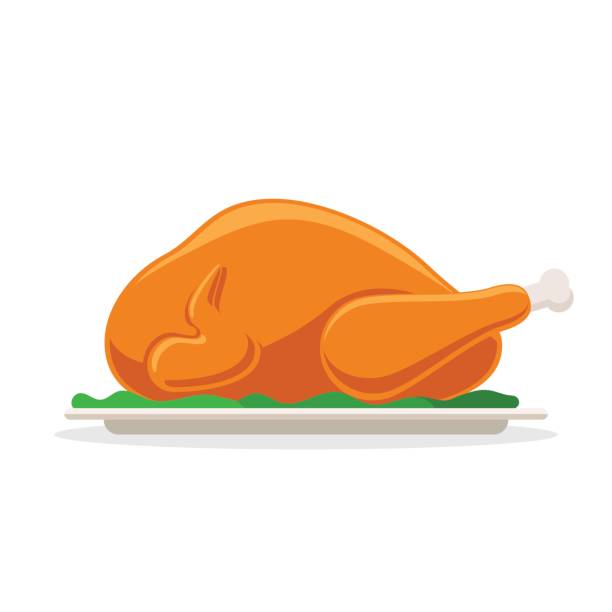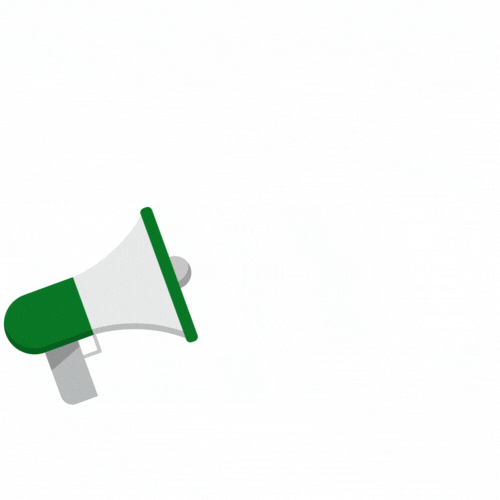Picture this. You have a big Spanish test coming up. It’s worth 30 percent of your final class grade. You know you’ve prepared for weeks but you’re still unsure. You walk into class and take a seat. You flip over the test, and! You. Remember. Nothing. You’re too nervous. You know the material but you can’t think over your excessively shaking left leg and the sound of your own breathing. You knew this would happen but what could you do?
Well here are 5 ways to say “Adios!” to those anxieties and get that A+!
1. Practice Grounding Techniques
Grounding is a simple yet helpful way to center yourself during moments of stress. One effective method is the “5-4-3-2-1” technique. Start by naming five things you can see around you, such as the clock on the wall or the desk in front of you. Next, identify four things you can touch, like the smooth surface of your pen or the fabric of your shirt. Then, focus on three things you can hear, whether it’s the hum of the air conditioner or the faint scratching of pencils. Follow this by recognizing two things you can smell—perhaps the faint scent of your morning coffee or the clean paper of your test booklet. Finally, acknowledge one thing you can taste, such as a lingering mint from your gum. This practice shifts your attention away from spiraling thoughts and puts you in the present moment, helping to calm your nerves.
2. Prepare a Routine Beforehand
Having a structured routine can significantly ease your mind on test day. The night before, lay out everything you’ll need, such as pencils, erasers, a calculator, and a bottle of water. Double-check the test schedule and set your alarm to ensure you have plenty of time to get ready without rushing. In the morning, don’t try to cram information: eat a balanced breakfast, do a quick review of key concepts, and take a moment to breathe deeply. A predictable and organized routine provides a sense of control, which is especially valuable when anxiety threatens to take over.
- Start With the Easiest Questions
One of the most effective strategies during a test is to build momentum early. When you receive the exam, take a few moments to scan through it and identify questions you know you can answer confidently. Starting with these easier questions helps with keeping pace and boosts your confidence. As you progress, you’ll feel less daunted by the more challenging sections because you’ve already made progress. Additionally, this approach ensures that you secure points on the questions you know well before tackling harder ones.
4. Use Positive Self-Talk
Your mindset can have a big impact on how you perform during a test. Replace negative thoughts like “I’m going to fail” with positive affirmations such as “I’ve prepared for this and I can do it.” When you feel overwhelmed, remind yourself of your past successes and the effort you’ve put into studying. Positive self-talk not only boosts your confidence but also helps you stay calm and focused, enabling you to access the knowledge you’ve worked hard to acquire.
5. Focus on Breathing
Controlled breathing is a quick and effective way to calm your nervous system. If you start feeling anxious during the test, try the “4-7-8” breathing technique. Inhale through your nose for 4 seconds, hold your breath for 7 seconds, and exhale slowly through your mouth for 8 seconds. Repeat this cycle a few times to reduce tension and bring your heart rate down. Focusing on your breath can help you regain composure and sharpen your focus, allowing you to tackle the test with a clearer mind.
Remember, test day doesn’t have to be nerve-wracking. Now go ace that test!













































